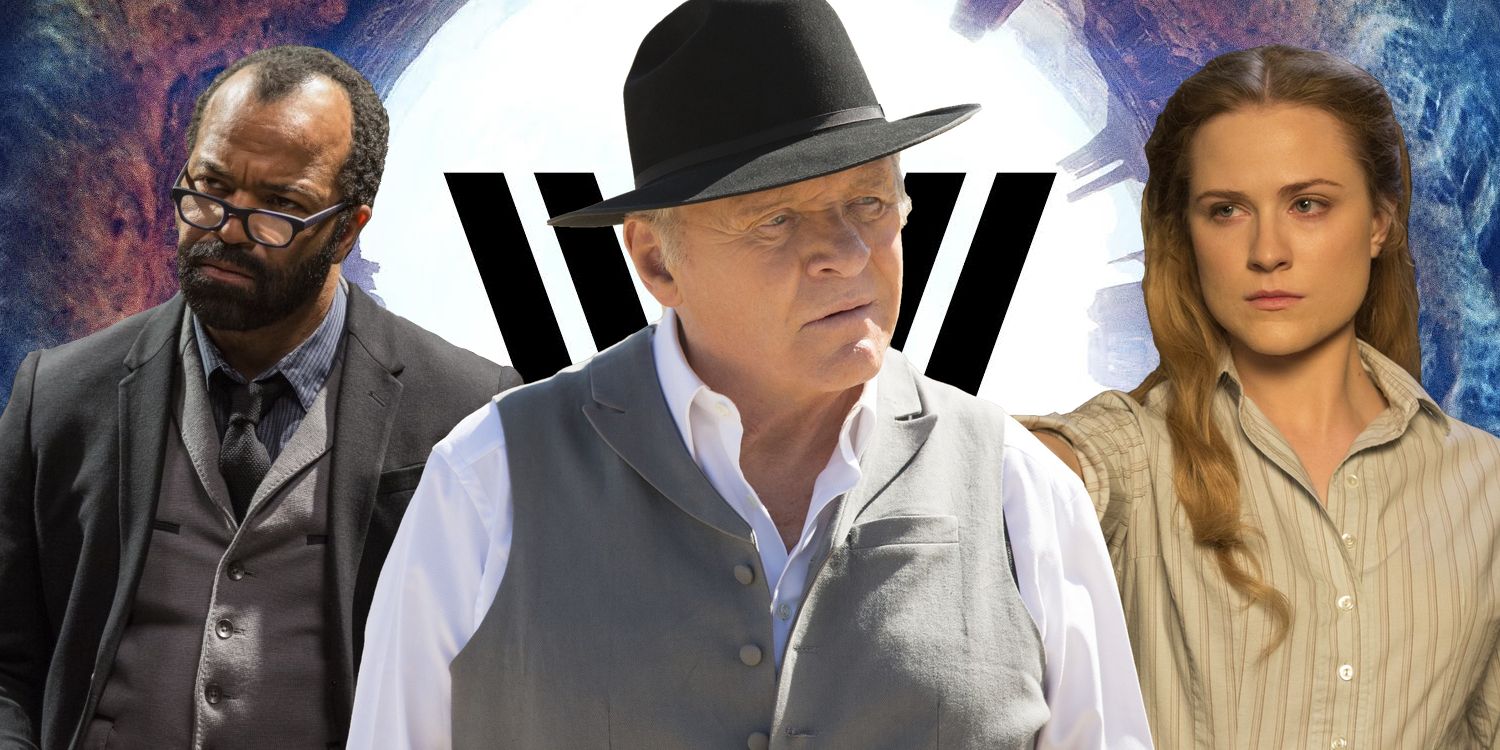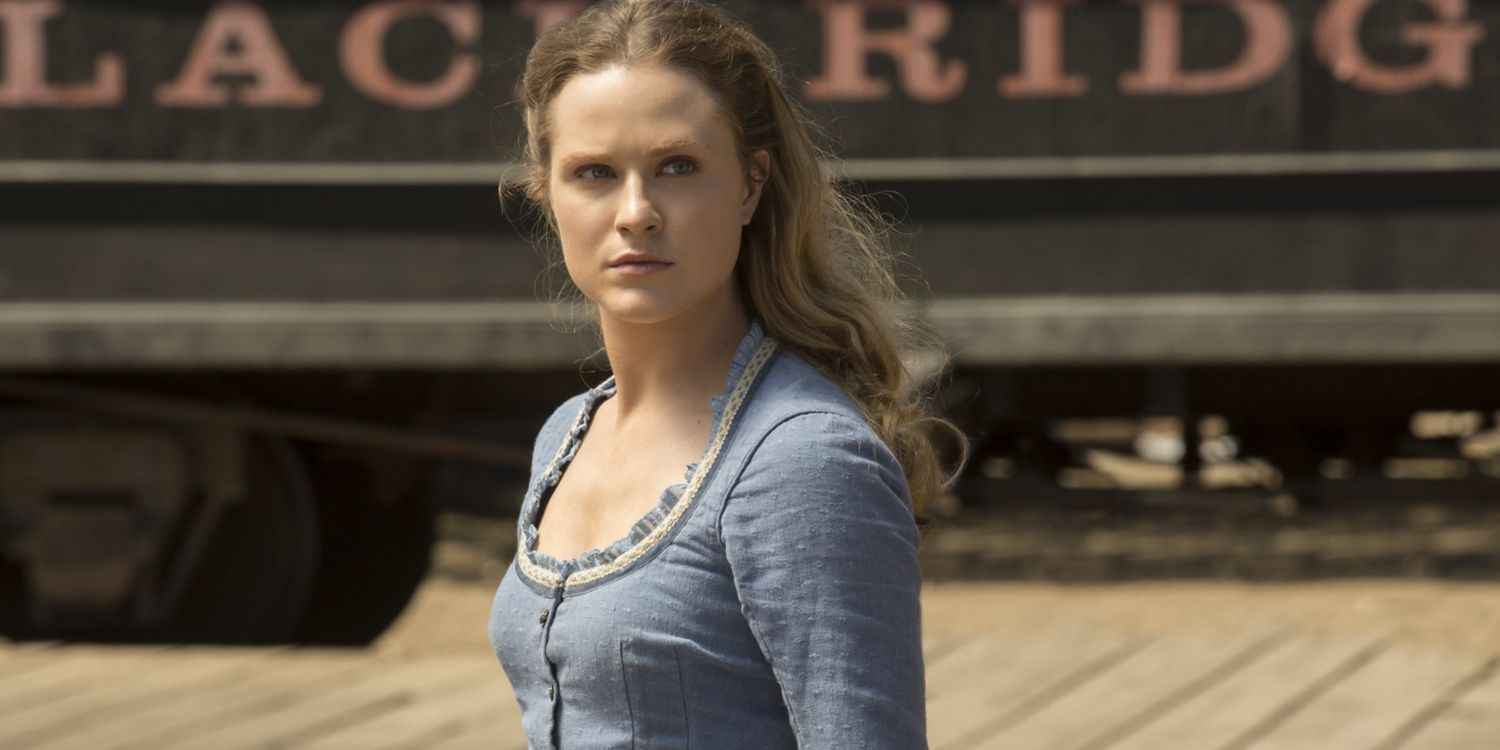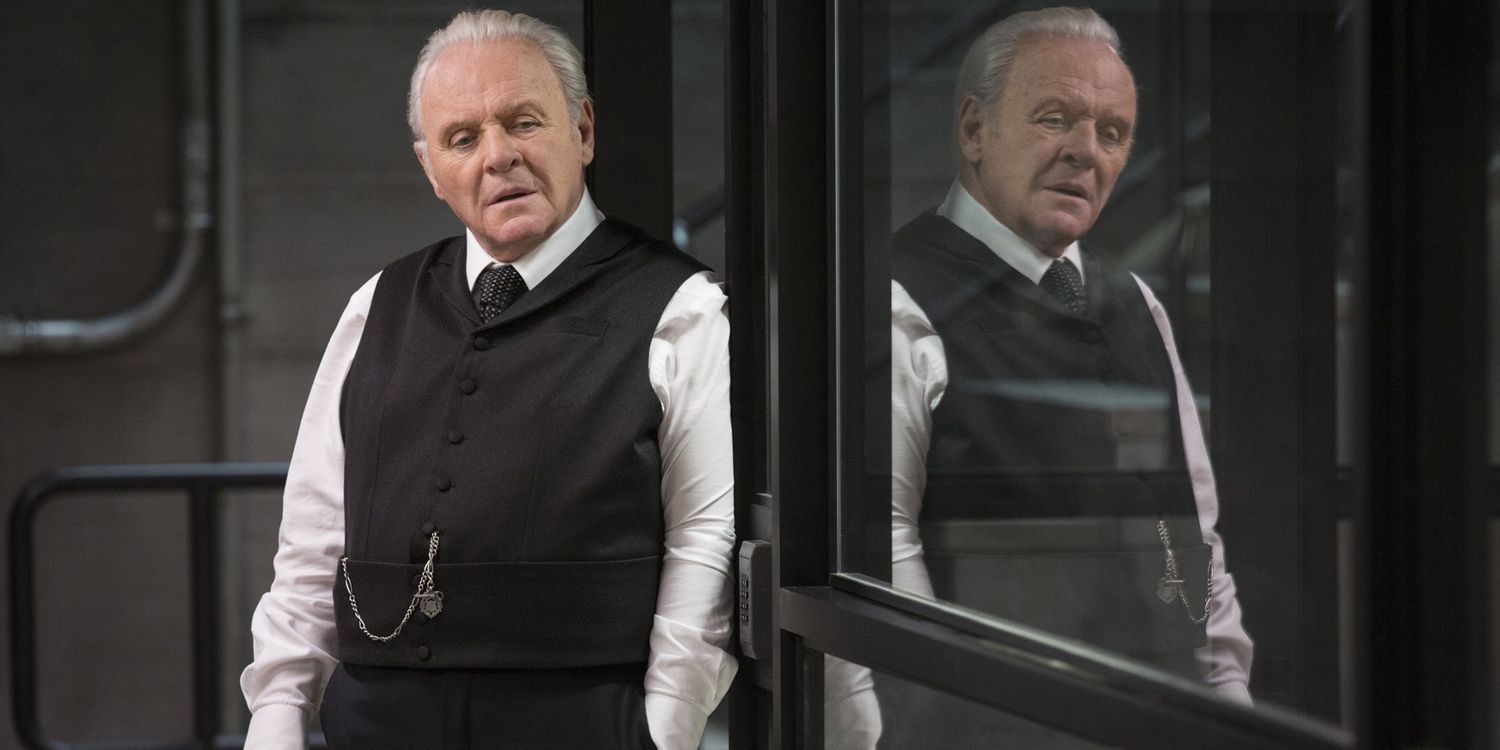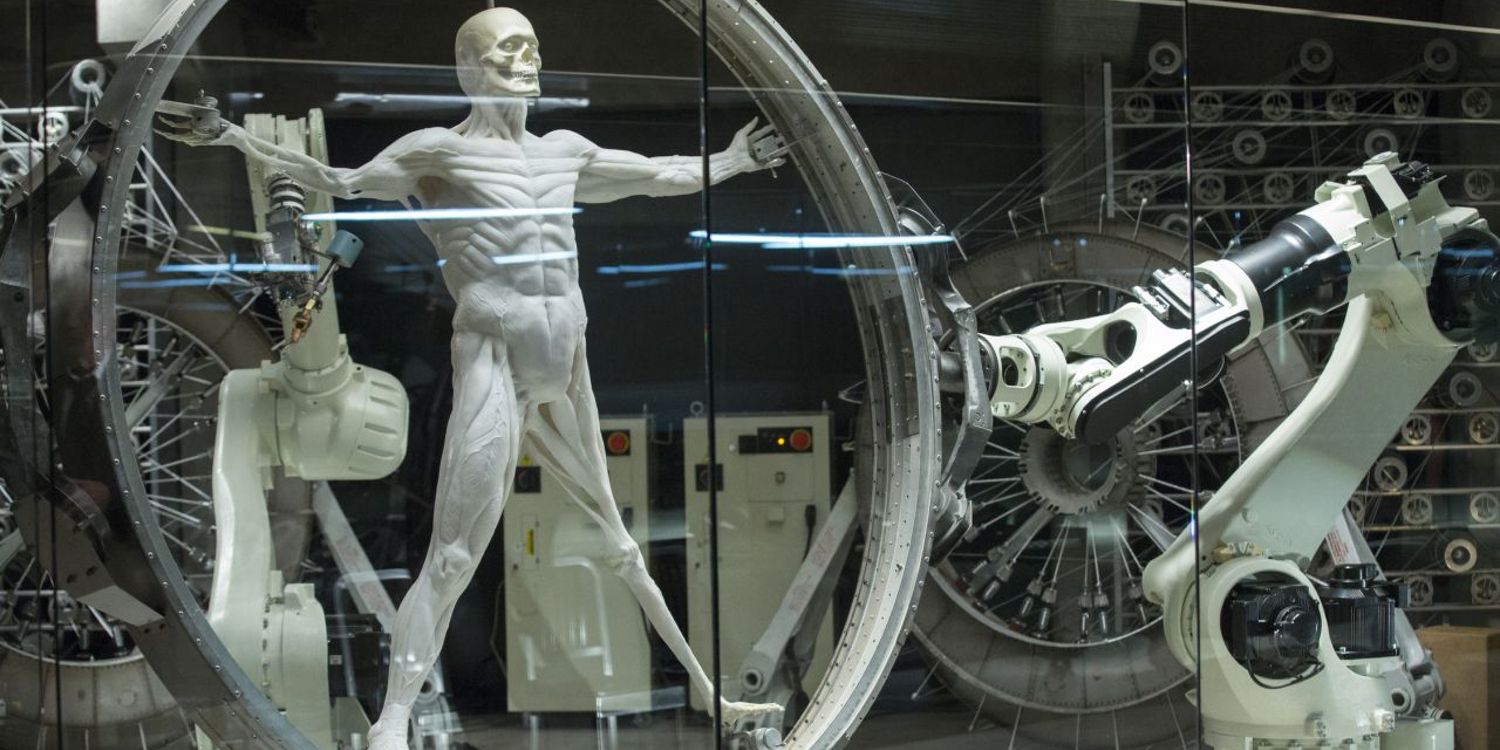As Westworld pushes toward its finale, the quest for answers is high on the list of priorities for those who have been watching the puzzle box narrative unfold. Jonathan Noland and Lisa Joy have constructed their HBO series to function less as a traditional narrative and more as, well… a puzzle or a game. And so far, the audience has largely responded by playing that game. But as 'The Bicameral Mind' looms and promises answers to everything that's been feeding various thinkpieces and Reddit threads for the past few weeks, it's worth noting that the series has a few mysteries that actually seem to be an inadvertent byproduct of the ambiguities that are the cornerstone of the show.
In its pursuit to maintain secrecy around the many twists that would come about as a result of Dr. Ford's tinkering with narratives (new and otherwise) and to delay acknowledgement of things like multiple timelines and various identities, Westworld has had to limit the audience's interactions with key characters. Some, like Elsie (presumably) and Theresa were simply wiped off the board, while others, like Dolores, Bernard, and Ford have largely been kept at a distance – all the better for the show to keep the audience guessing. But keeping the characters at a distance has also resulted in a few potentially unintentional mysteries that need to be answered above all the others when the finale rolls around. Where does the series draw a line between its purposeful ambiguities and its incidental shortcomings? Here are some questions we have:
Who Are These Characters Really?
What sets Westworld apart from other shows with mysteries central to their narratives, like, say, Lost or Twin Peaks, or even Game of Thrones to a certain degree, is that Westworld has made its characters the mystery. Take for instance the reveal that Bernard was one of Ford's creations, a remarkably authentic artificial life form that is also a re-creation of Ford's old partner Arnold. 'The Well-Tempered Clavier' spent much of its runtime teasing out a shocking twist that the audience had seen coming for weeks. It was the second twist involving Bernard and it was intended to facilitate a much larger, more calculated, series-wide reveal. But the show got ahead of itself. For everything the secret backstory told us about Arnold and Dolores and the park's history, what do we actually know about these characters? Bernard may as well be bunched in with Theresa since his backstory was revealed to be a fiction. So who is Arnold? So far, the only substantial question about Arnold Westworld has answered is that of which actor is playing him.
Even as the finale gets underway, everyone from Dolores to Teddy to Dr. Ford is still largely unknown to the viewer. Two of the characters, William and the Man in Black, were like Bernard (or Arnold): their identities are part of a larger reveal, so there has been little chance of getting to know them outside knowing they both want deeper meaning in their stories. The show has been so fixated on concealing the true nature of their narratives that it has been forced to keep their characters at arm's length for an entire season, and even as the truth draws nearer, the question of whether there is enough for the audience to latch onto and care about beyond the uncertainties of their connection becomes more of an issue.
The same is true of Dolores. The park's oldest host has been wandering around for weeks since she strapped on a six-shooter and walked away from her loop as a damsel in distress. Early on, Westworld placed a great deal of focus on Dolores and the question of how much of her was programmed and how much had been set free. Since then, though, Dolores has primarily been used as an exposition device, a way of explaining what's going on in the park or to tie together various threads and timelines ahead of the finale. While it's a handy tool for bringing certain mysteries full circle, it comes with a side-effect of having shifted the focus from what Dolores is becoming (or became) to the horrific loop that Ford and Arnold seem to have found themselves in.
What's Driving Dr. Ford?
You might think the question to ask is: What's Ford's new narrative? It's a good question since the show has been teasing the mysterious storyline from almost the beginning, and whatever Ford is cooking up has made its impact felt (and heard and seen) on numerous occasions. But like so much else in Westworld, the ominous portend around the new narrative is just smokescreen for the many questions still lingering around the man himself. Enigmatic leaders are nothing new, but Anthony Hopkins has tailored his performance so that what's driving Ford is played very close to his equally well-tailored vest.
But as the show asks the audience to focus on what Ford has prepared, it is also indirectly asking: What is driving Ford to do what he does? So far, the motivations of the park's co-creator have been ambiguous and so too have been his feelings about what's going on. This was no more evident than when he spent the better part of an hour reliving Bernard's secret truth under gunpoint that was no real threat to him, only to orchestrate his partner's second death. Through it all Ford remained untouched; he revealed nothing about how he felt – there was no apparent sorrow at Bernard's refusal to rekindle their partnership nor was there pleasure or anger as he walked away from his creation's suicide.
The scarcity of human emotions displayed by the character generates an interesting dichotomy – in most cases making the Hosts more human than the Human. But like the show itself, there needs to be something more to Dr. Robert Ford than the mystery that surrounds him.
Is This Where the Story Actually Begins?
Because the vast majority of Westworld engagement begins with its puzzles and its twists – either anticipating them or reacting to them – there's reason to believe the season 1 finale will have one or more curveball lined up for the audience. It's equally reasonable to hope that the focus on twists in lieu of mining deeper identities, emotions, and motivations for the characters will have even more of a payoff than the various reveals so far. As such, it's time to ask whether or not 'The Bicameral Mind' is less a finale to season 1 and more the beginning of Westworld's actual story. In that sense: Has season 1 been the first chapter in the series' narrative or its prologue?
So much of the season has felt like instructions on how to watch the show or acted as an explainer on how Westworld the series functions that for it not to be a prologue would accentuate the incidental mysteries listed above and reveal them as shortcomings. Maybe questioning the intent of the series' weaknesses is another inadvertent byproduct of spending the last nine weeks contemplating the various mysteries it has systematically doled out. It's certainly one that might also work in Westworld's favor.
-
The Westworld season 1 finale, 'The Bicameral Mind' airs tonight @9pm on HBO.




